Best way to learn Python for free
Best way to learn Python for free
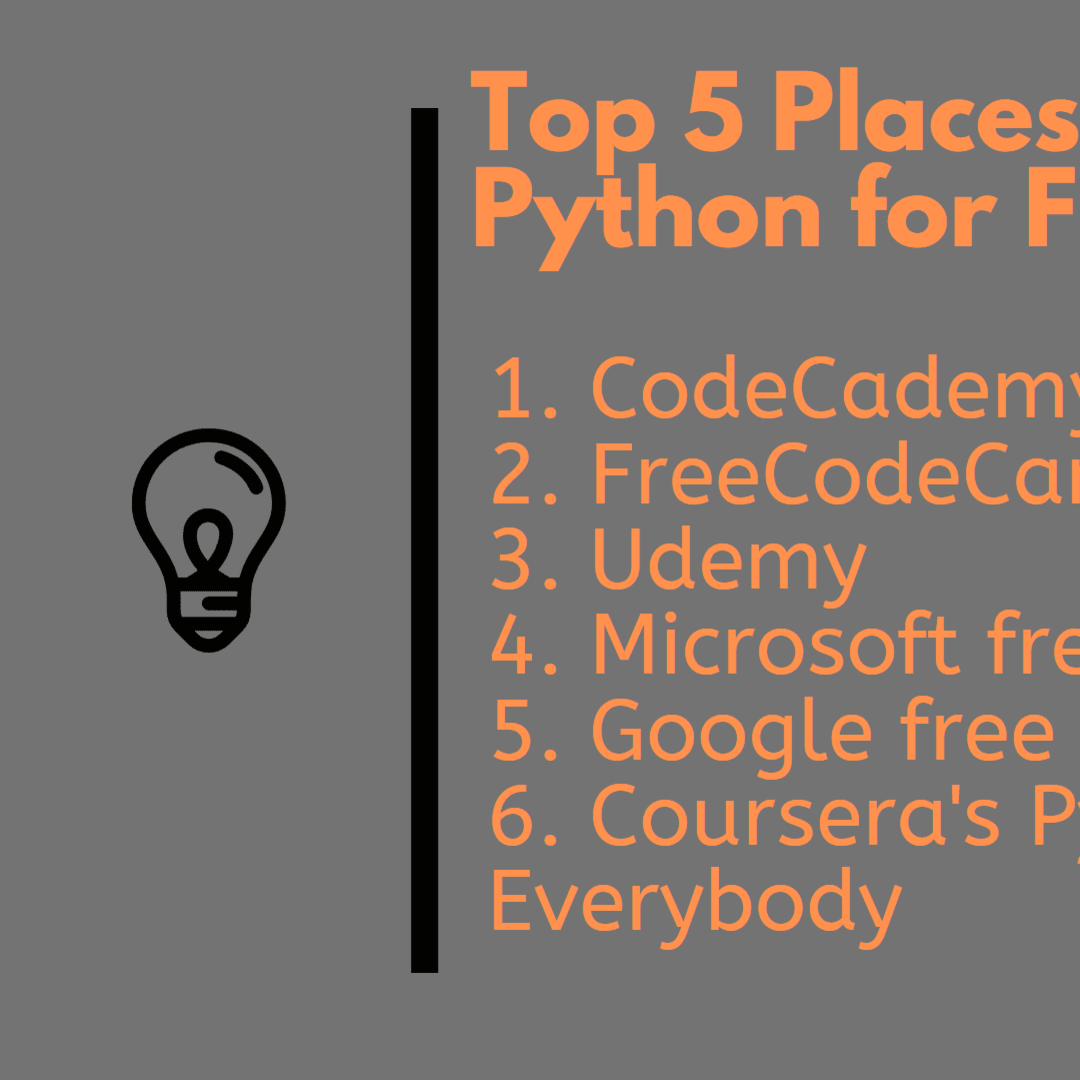
Learning Python without spending a fortune is definitely possible! Here's a comprehensive guide on the best ways to learn Python for free:
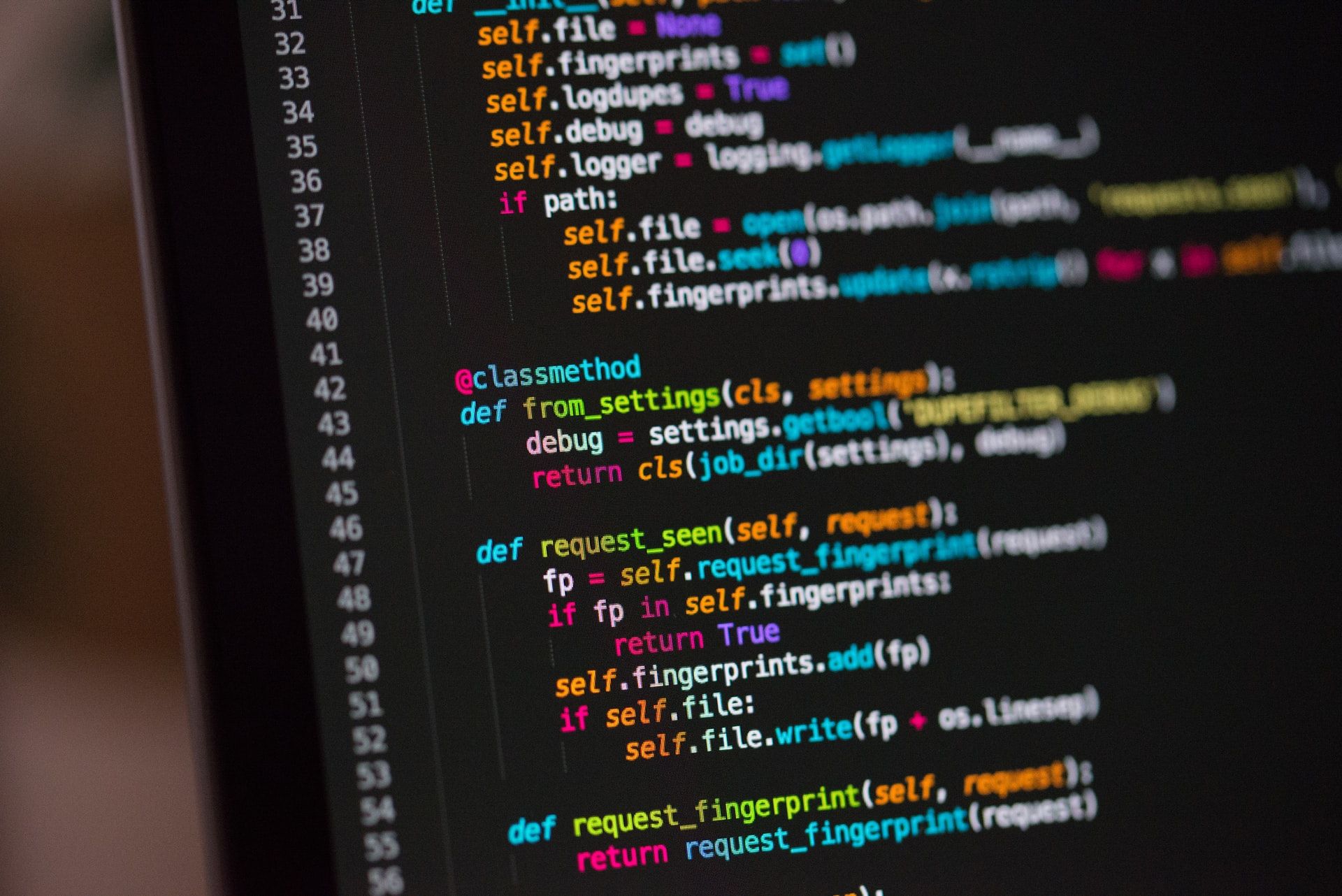
Online Courses:
Codecademy's Python Course: Codecademy offers an interactive and hands-on Python course that covers the basics, data structures, and file input/output. Python.org's Official Tutorial: The official Python website has a comprehensive tutorial that covers the language fundamentals, including variables, control structures, functions, and more. Google's Python Class: Google offers a free online class on Python programming, covering topics like syntax, data types, and modules.Tutorials and Guides:
W3Schools' Python Tutorial: W3Schools provides an easy-to-follow Python tutorial with examples, covering basic syntax to advanced concepts. FreeCodeCamp's Python Guide: FreeCodeCamp offers a step-by-step guide on Python programming, focusing on practical applications and real-world scenarios.Books:
"Python Crash Course" by Eric Matthes: This free eBook is an excellent resource for beginners, covering the basics of Python programming.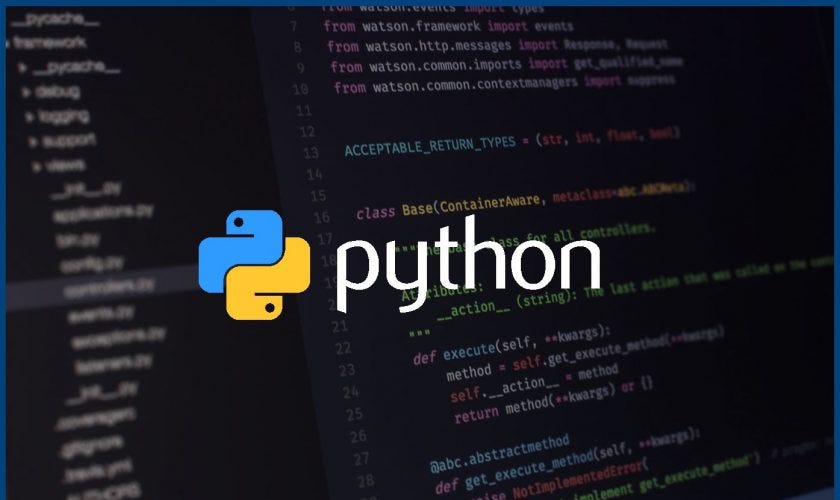
Communities and Forums:
Reddit's r/learnpython: Engage with other learners, share resources, and get feedback on your projects. Stack Overflow's Python Tag: Ask questions, get answers, and participate in discussions about Python programming.Practice and Projects:
TryPython.org: This website offers a variety of exercises, quizzes, and games to help you practice Python coding. Kaggle's Python Tutorials: Kaggle provides hands-on projects on machine learning, data analysis, and more, using Python as the primary language.Miscellaneous:
YouTube Channels: Channels like Corey Schafer (Python Programming), freeCodeCamp, and Traversy Media offer engaging video tutorials and explanations. Podcasts: Listen to podcasts like "Talk Python To Me" or "The Python Podcast" for insights from experienced developers and industry experts.Remember, learning a programming language takes time, patience, and practice. Focus on building projects, experimenting with code, and asking for help when needed. Good luck, and happy coding!
How to learn python easily online
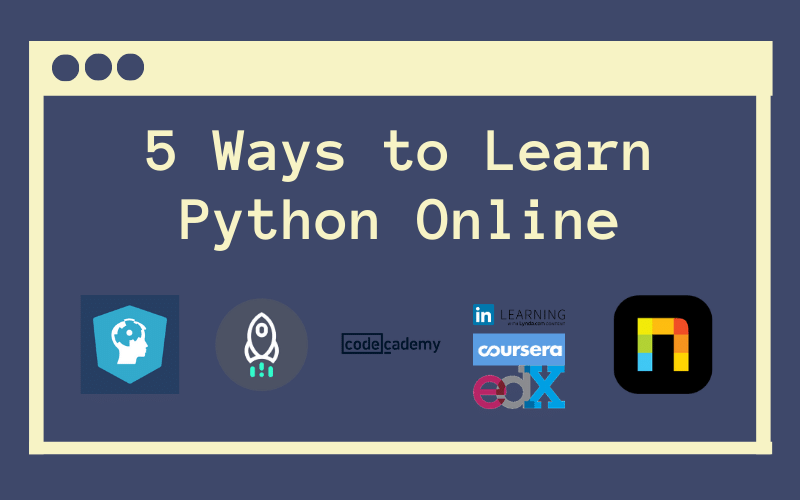
Learning Python online can be a straightforward and efficient process with the right resources. Here's a comprehensive guide to help you get started:

1. Online Courses:
a. Codecademy: Codecademy offers an interactive Python course with exercises, quizzes, and projects. You'll learn the basics of Python programming and even build a simple chatbot.
b. Coursera: Coursera features courses on Python from top universities like University of Michigan and University of Edinburgh. You can earn certificates upon completion.
c. edX: edX offers a variety of Python courses, including one from Microsoft.
2. Tutorials and Guides:
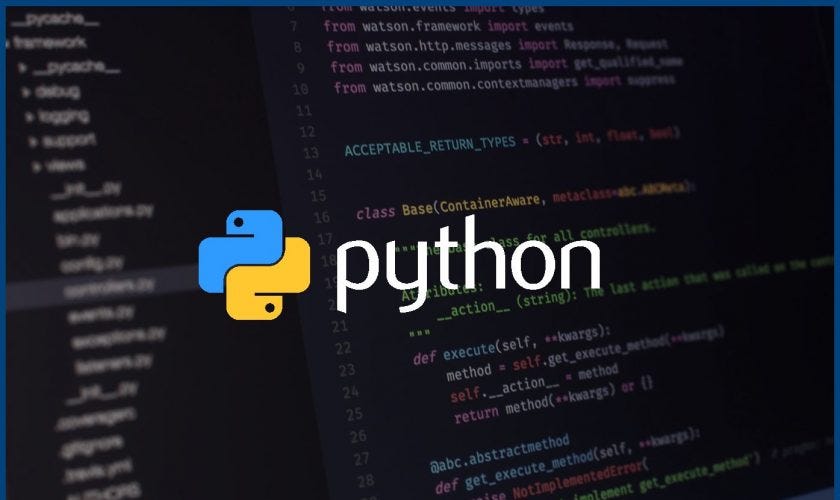
a. Python.org: The official Python website provides an extensive tutorial for beginners. You'll learn the language's syntax, data types, control structures, functions, and more.
b. W3Schools: W3Schools offers a comprehensive Python tutorial with examples, exercises, and reference materials.
c. Real Python: Real Python is a popular online resource offering tutorials, articles, and projects to help you learn Python.
3. YouTube Channels:
a. Traversy Media: Corey Schafer's channel (Traversy Media) is one of the most popular Python channels on YouTube. He shares in-depth tutorials, explanations, and projects.
b. freeCodeCamp: freeCodeCamp's YouTube channel covers various programming topics, including Python.
4. Online Communities:
a. Reddit (r/learnpython): This subreddit is dedicated to learning Python. You can ask questions, share your progress, and get feedback from the community.
b. Stack Overflow: Stack Overflow is a Q&A platform where you can ask Python-related questions and receive answers from experts.
5. Practice and Projects:
a. Project Euler: Project Euler provides mathematical problems to solve in various programming languages, including Python.
b. Kaggle: Kaggle offers machine learning and data science challenges that involve working with Python.
6. Books:
a. "Python Crash Course" by Eric Matthes: A comprehensive book for beginners that covers the basics of Python programming.
b. "Automate the Boring Stuff with Python" by Al Sweigart: A practical guide to automating tasks using Python.
7. Podcasts:
a. The Python Podcast: This podcast features interviews with experienced Python developers, covering various topics and projects.
b. Talk Python To Me: Host Michael Kennedy talks to experts in the field about their experiences, tips, and favorite tools related to Python programming.
Remember, learning a programming language takes time and practice. Start with the basics, build small projects, and gradually move on to more complex tasks. Don't be afraid to ask for help or seek guidance from online resources. Good luck, and have fun learning Python!





























